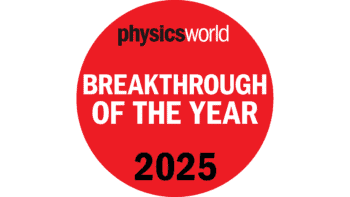Tushna Commissariat reviews Big Data: How the Information Revolution is Transforming Our Lives by Brian Clegg

On any given day, most of us are likely to send a few e-mails, spend anywhere from a few minutes to a few hours on social media, look up a fact or figure on Google and watch the latest hit TV show on Netflix. As you go through each and every one of these seemingly mundane activities, a complex behind-the-scenes process of data-gathering occurs, as different providers aim to learn more about you, your habits, your preferences and your choices. In Big Data: How the Information Revolution is Transforming Our Lives, seasoned science writer Brian Clegg gets to grips with the good, the bad and the ugly world of big data and the huge impact it has on our lives today.
The first few chapters deal with what constitutes data, how to construct information using said data and how to ultimately convert the information into knowledge. As Clegg explains, the words in his book (or indeed, this review) are data; their arrangement into sentences create information, and what we take away from the book constitutes knowledge. But how do you do a similar process with a much larger and unorganized data-set? For example, Clegg describes the problems faced during the early days of the US census before computers were available. Despite a census being taken only once a decade, it took almost a decade to analyse the data from each one, thanks to its size and complexity – today this is much easier thanks to computing power.
A key point that Clegg repeatedly makes is that you have to ask the right question – however good and clean your data-set may be, it is only as good as the algorithms designed to manage the data, and these in turn depend on the assumptions of the people writing them. Clegg also does a very good job of lining up a host of companies and products that use big data, but one in particular that crops up again and again is Netflix. Clegg’s fascination with the company’s data-drive success is obvious, as is his interest in modern technologies such as Amazon Echo and Apple’s Siri. One chapter is dedicated to CERN and does a good job of pointing out that the discovery of the Higgs boson essentially involved searching through a monumentally large volume of data.
After extolling its many virtues, Clegg spends a lot of the latter half of the book detailing the immense power that big data affords and its misuse, explaining how both corporations and governments can easily exploit the data they gather. Clegg makes that case that the technology available today allows for detailed surveillance (which is often a very slippery slope), and we are left at the mercies of the ethics of big corporations to protect our private lives. The book is a quick but fascinating introduction to the big world of big data.
- 2017 Icon Books £7.99pb 176pp



